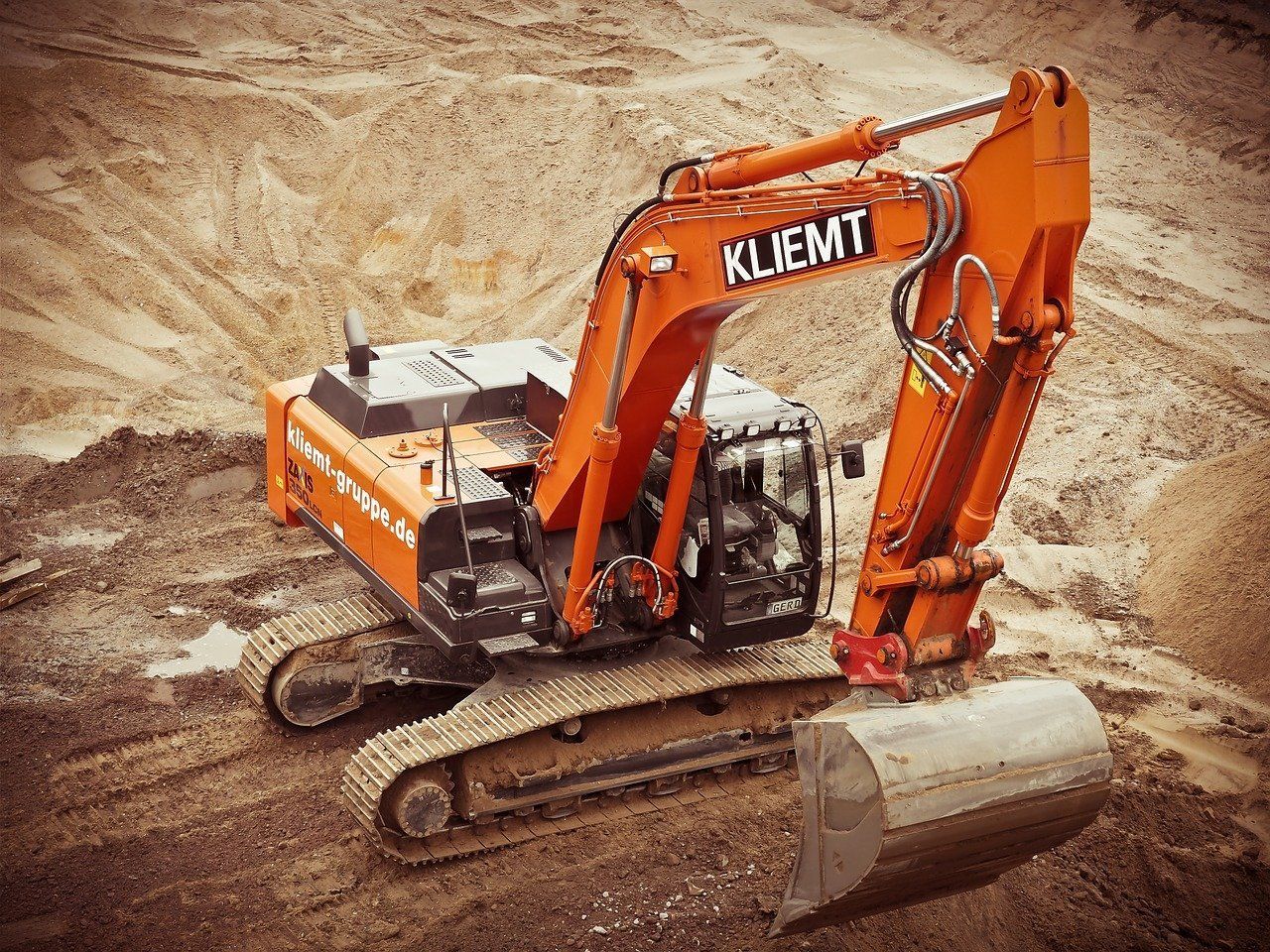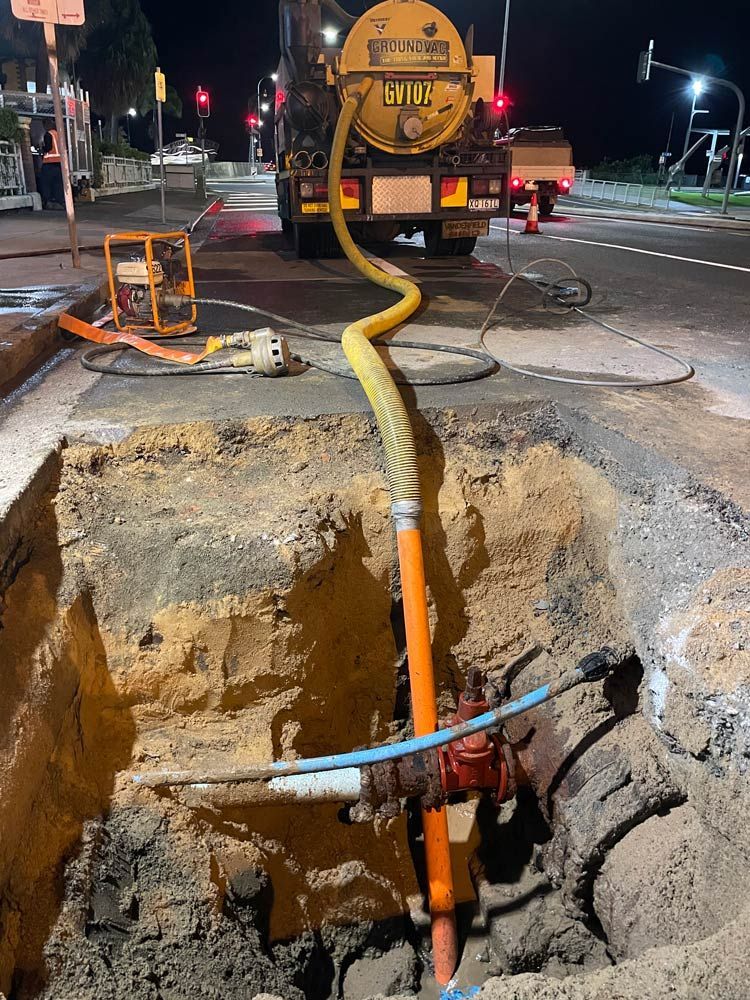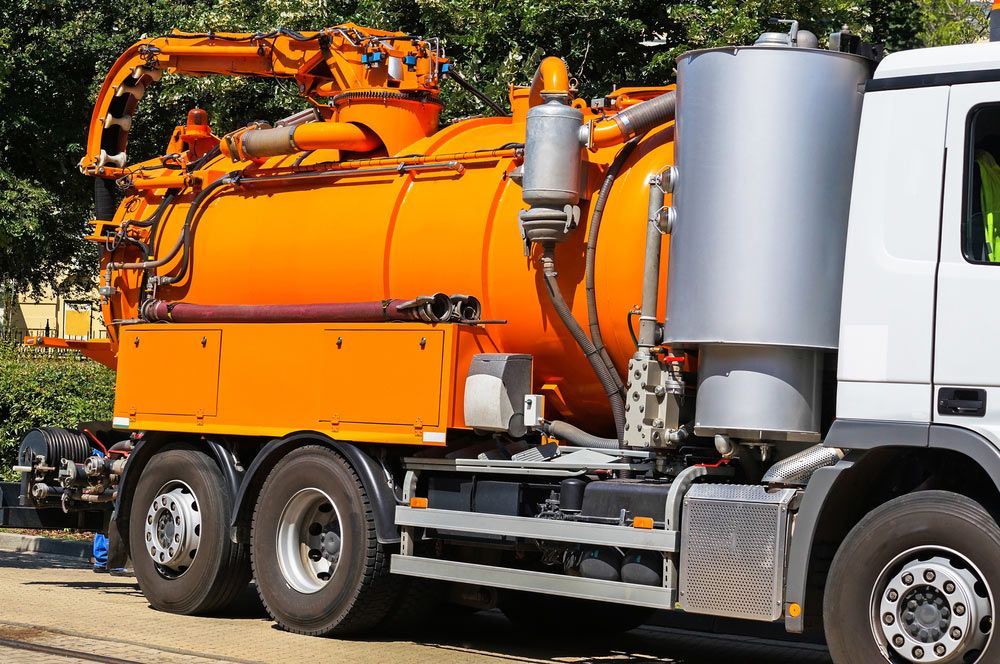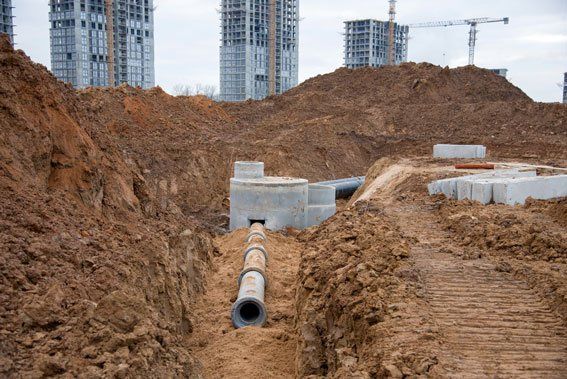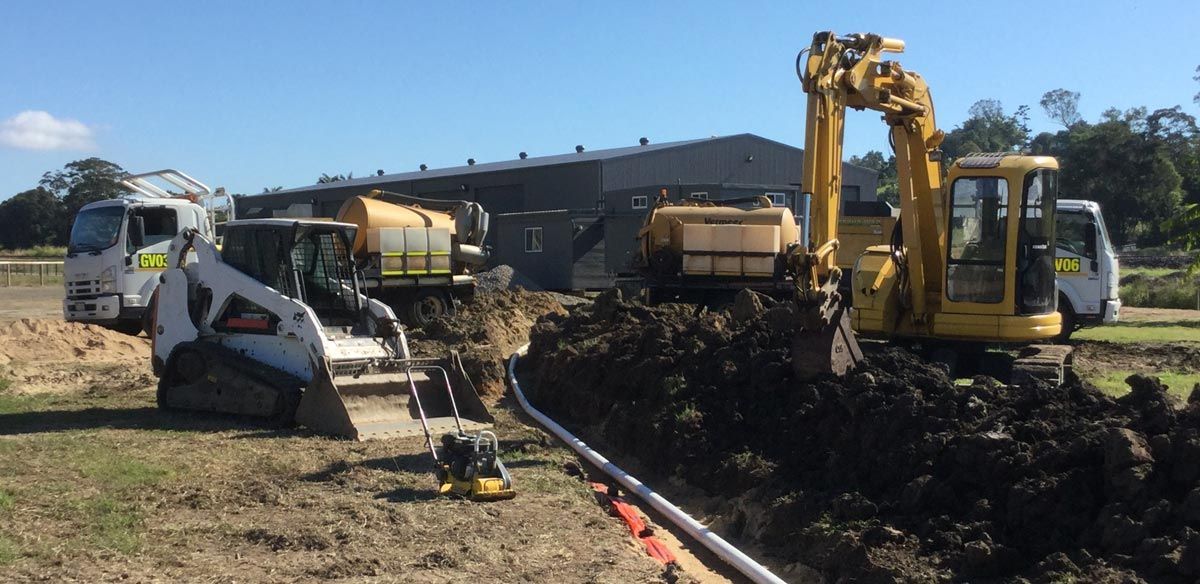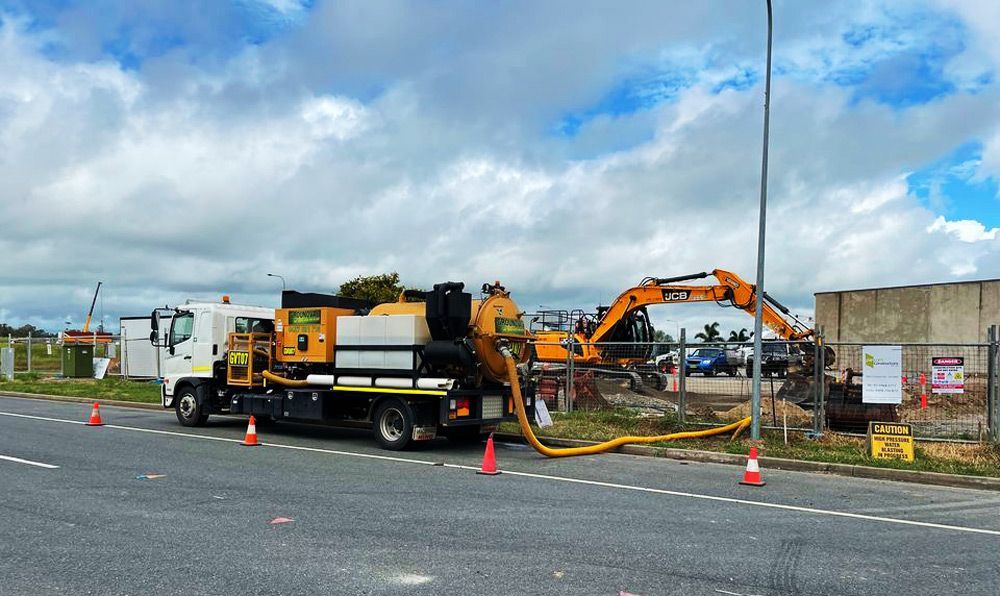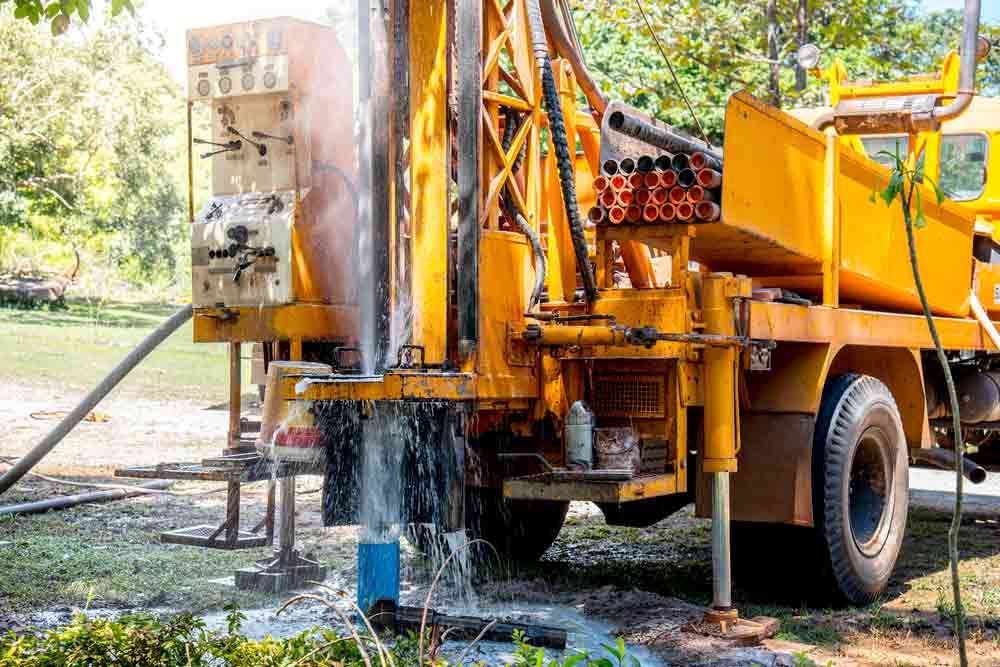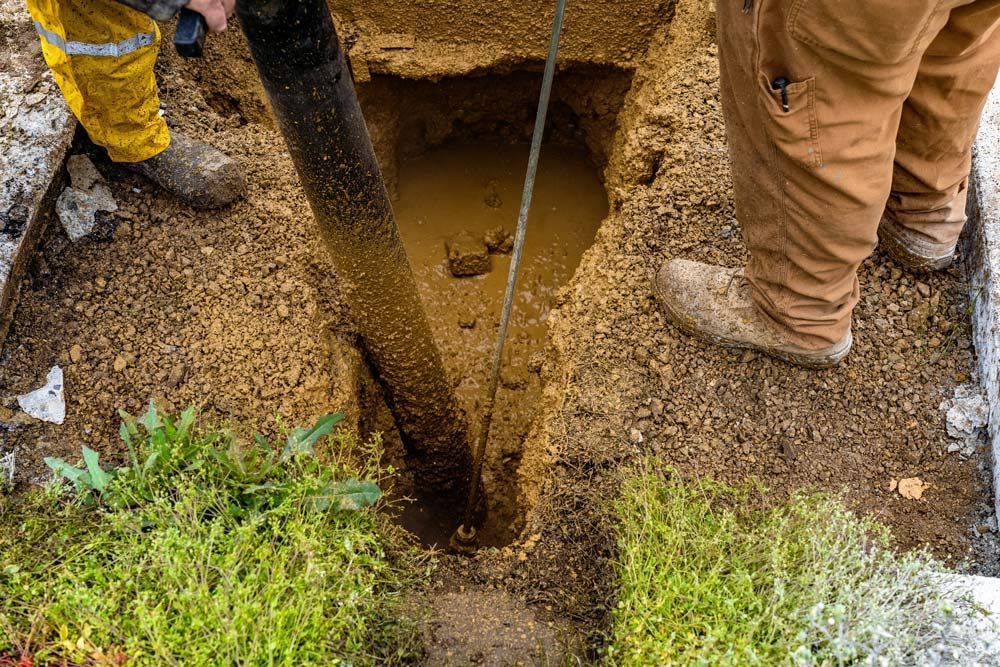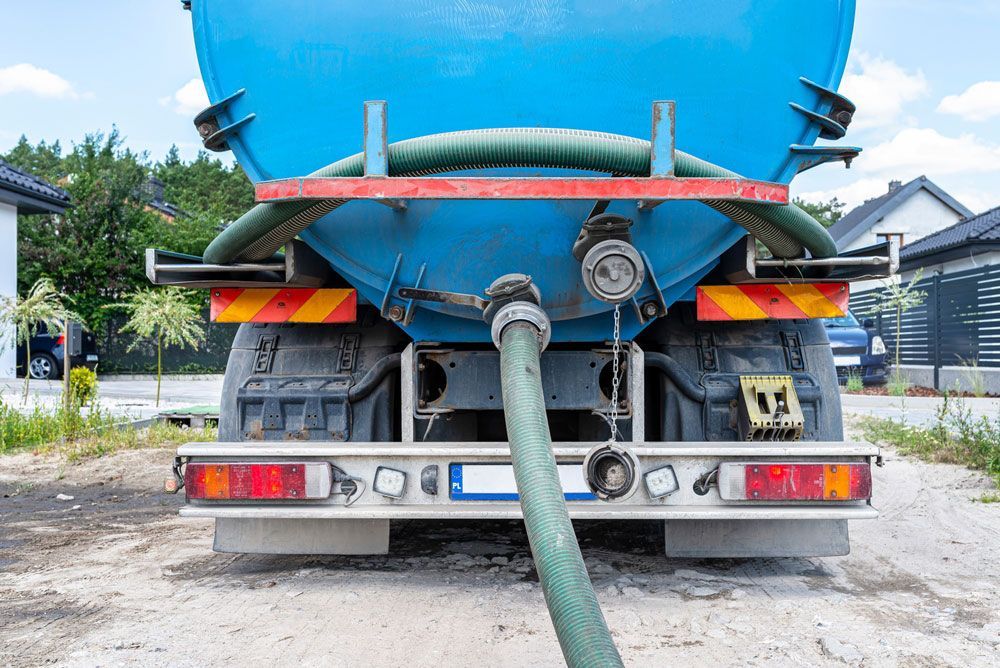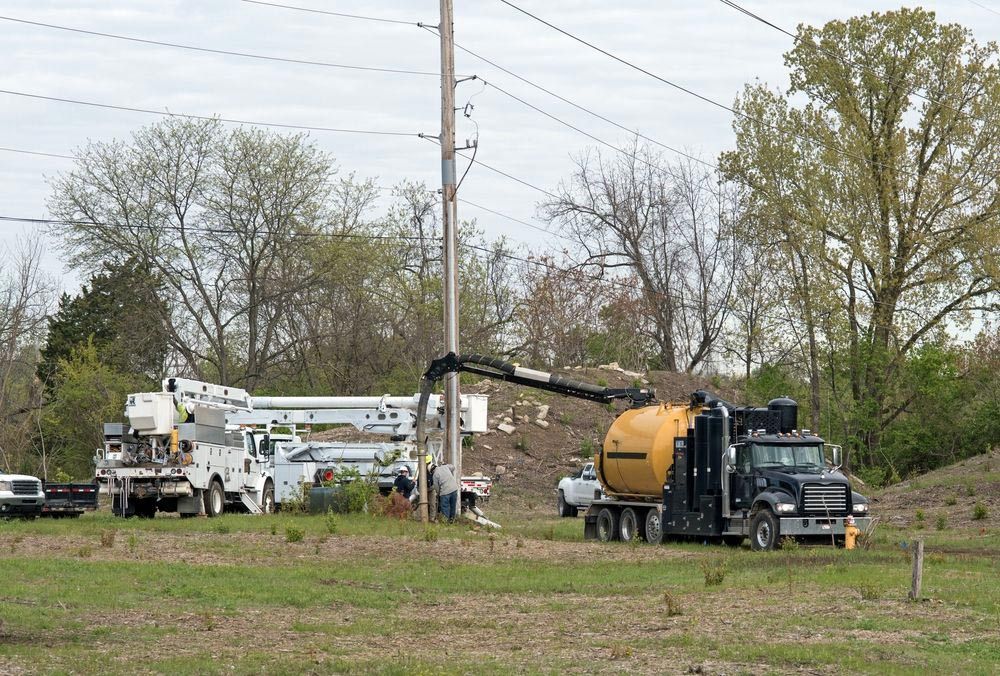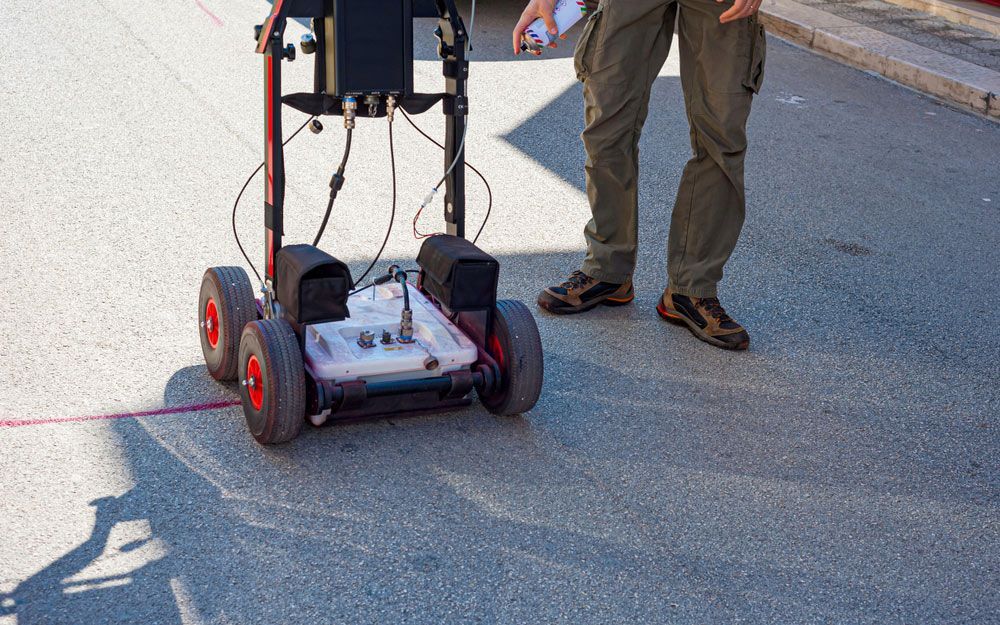Vacuum Excavation vs Traditional Digging: Choosing the Right Method
Are you overseeing a major construction project and facing the critical excavation phase? Choosing the right method for the job is essential. Traditional digging methods have been the standard for years, but vacuum excavation is quickly becoming popular due to its precision and efficiency. Let's explore the differences between these methods in detail.
Exploring the Key Differences
In essence, traditional digging is a manual method typically involving the use of tools such as excavators. While it's been around for decades, it is labour-intensive and can pose safety threats due to the risk of damage to underground utilities.
In contrast, vacuum excavation, also known as hydro excavation, is an innovative method that utilises high-pressure water to break up soil. It is then sucked into a tank, allowing for more precise and controlled digging. This process is often quicker and less labour-intensive than traditional digging.
Factors to Consider When Making a Choice
When deciding which excavation method to use, several factors should be taken into account:
Project Requirements
• Scope and Scale: Traditional digging suits large-scale projects, while vacuum excavation is ideal for smaller, more detailed jobs.
• Type of Ground: Hydro excavation handles various soils well, but hard, rocky ground may need traditional methods.
Cost Implications
• Initial Costs: Hydro excavation may be costlier initially, but savings on labour and damage costs can be substantial.
• Long-term Savings: Vacuum excavation’s precision leads to fewer repairs and downtime, resulting in overall project savings.
When to Choose Vacuum Excavation Over Traditional Digging
Here are two scenarios where vacuum excavation might be the preferred choice:
Utility Locating and Maintenance
When dealing with existing infrastructure, particularly in urban areas, the precise nature of hydro excavation makes it an ideal choice. The risk of damaging essential services such as water, gas and electricity lines can be significantly mitigated. This method ensures that maintenance can be carried out safely and efficiently, minimising the disruption to the surrounding area and reducing the likelihood of costly repairs due to accidental damage.
Sensitive or Confined Areas
In areas where traditional digging equipment might be too large or cumbersome,
hydro excavation provides a practical solution. Its ability to access confined spaces without causing extensive disruption to the surroundings is invaluable. This is particularly relevant in heritage sites, urban environments or ecologically sensitive areas where preserving the integrity of the site is paramount.
Experience the Efficiency of Vacuum Excavation in Mackay
At Groundvac, we understand the challenges that construction project managers, engineers and decision-makers in various industries face. Our hydro excavation services are designed to provide a safe, efficient and environmentally friendly alternative to traditional digging. Our expertise and commitment to safety make us a valuable option for your excavation needs. Get in touch with us today!
Testimonials

Slide title
"Very professional outfit and service response was awesome. Very competitive on price I might add. I can Highly recommend Mackay Groundvac services, Russell is the man to see."
Kelvin, TeKowai
Button
Slide title
"Very professional show and thanks again for helping us out of a bind"
Callum - Pentacon Project Officer
Button-

"I just want to let you know what an awesome job Dave did on Monday at DBCT. I was very impressed.
I look forward to working with Groundvac in the future."
Wade Neilsen - DBCT
ABOUT Us
Groundvac was Established in 2009, we are a locally owned and operated business servicing the Mackay and surrounding areas.
Contact Us
Address: 136 Nebia Coningsby Rd, Dumbleton QLD
Phone: 0427 691 716
Email: admin@groundvac.com.au
Operating hours: Mon - Fri 6am - 6pm
Outside these hours: on request

